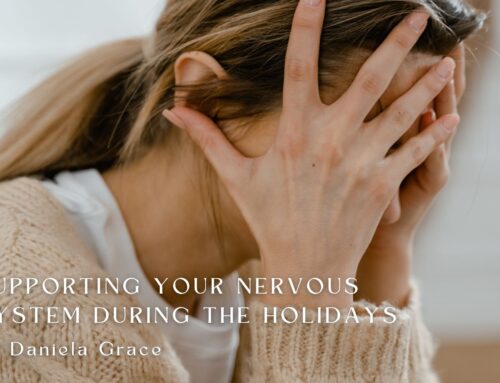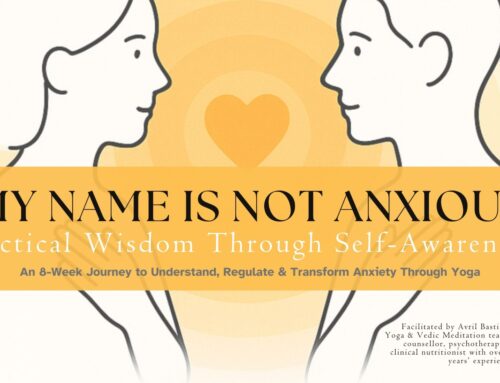Enhancing Emotional Connection using A.R.E.
(Accessible, Responsive, Engaged)
The fundamental inquiry within our love relationships boils down to this: “Are you there for me?” This simple yet profound question essentially asks:
Do I hold significance in your life?
Can I confide in you?
Am I able to count on your support when I’m in need?
Will you grant me your undivided attention and engage with me?
This significant query, known as the A.R.E question, often remains concealed beneath the surface during recurring arguments revolving around practical matters like chores, personality clashes, intimacy, children, and finances. As Dr. Sue Johnson, the creator of Emotional Focused Therapy describes, “The aim is for withdrawn partners to become more open and engaged, and for blaming partners to ask for their needs to be met in a soft, evocative manner.” Thus, when partners feel secure and loved, they can tackle their differences and challenges as a united front. However, if feelings of safety and affection are lacking, relationship concerns and underlying fears manifest as endless disagreements.
A.R.E. is a framework developed by renowned psychologist Dr. Sue Johnson. It encapsulates the three core components necessary for building and maintaining healthy emotional bonds and fostering emotional connection and intimacy in relationships: Accessibility, Responsiveness, and Engagement.
Accessibility:
Accessibility refers to the ability to be emotionally available and open to your partner. It involves creating a safe space where both partners feel comfortable expressing their thoughts, feelings, and vulnerabilities without fear of judgment or rejection. One way to achieve this is by active listening – pay close attention to your partner’s words, body language, and emotions during conversations.
Responsiveness:
Responsiveness involves effectively addressing your partner’s emotional needs, signals, and bids for connection. It requires actively engaging with your partner’s emotions, providing comfort, support, and reassurance. When you are with your partner validate their emotions – acknowledge and affirm your partner’s emotions, even if you don’t necessarily agree with their perspective.
Engagement:
Engagement encompasses actively participating in the relationship and creating shared experiences. It involves fostering a sense of togetherness and collaboration. You can promote engagement by organising quality time together – allocate dedicated time to spend together, engaging in activities that you both enjoy.
By being accessible, responsive and engaged with your partner you create a deeper emotional connection and greater intimacy in your relationships.
Remember, building and maintaining emotional bonds requires ongoing effort and practice.
Lea Beaton
Lee is an accredited Gestalt Psychotherapist; an accredited Awakening Joy Facilitator; a qualified practitioner in the evidence-based EFT with couples, and in The Richards Trauma Process (TRTP). Her approach is based on the latest advances in working with trauma, therapeutic change and neuroplasticity, and in particular how compassion and gratitude can be used to rewire the body and the brain. To enquire or make a booking, please contact Lee directly on tel:+61491638124 or email.
LEARN MORE ABOUT LEE AND RELATIONSHIP COUNSELLING









Leave A Comment